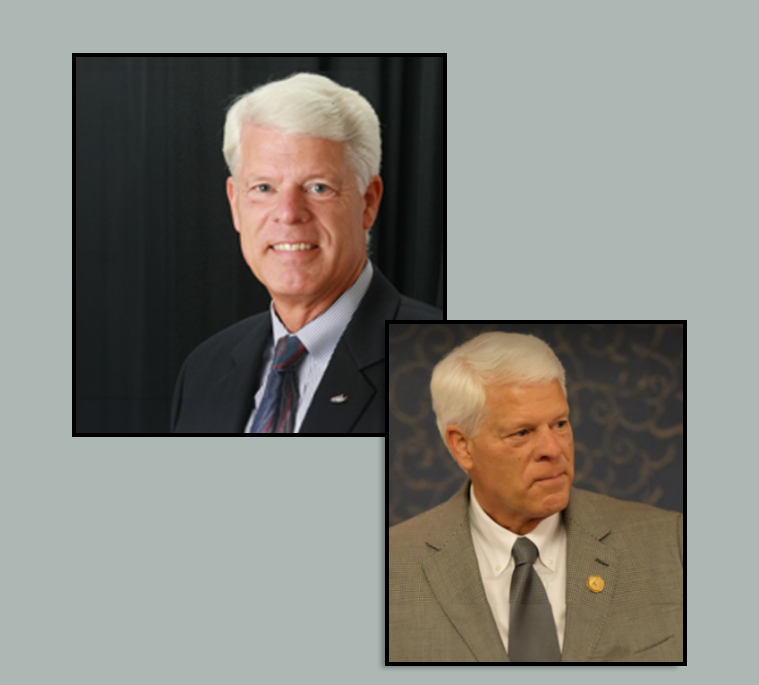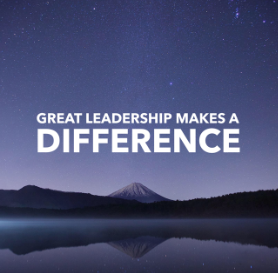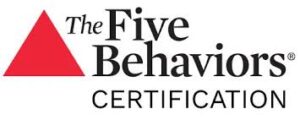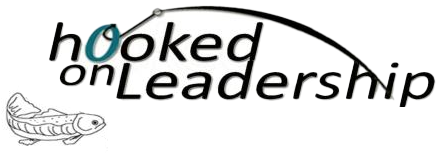Dr Richard Strand
The importance of leadership in management is that it engages, enables, and energizes people to bring their best selves to work. Leadership is not an isolated endeavor—it almost always involves engaging others to achieve success. It’s not your authority but your influence over others that engages and inspires them to do their best work.

About Richard
Following 30 years of active military service, plus a dozen years as an academic administrator/executive, Hooked on Leadership was founded in 2010 by Dr. Richard Strand. His overriding interest was to provide meaningful and tailored tools for individuals and teams to develop the skills necessary to achieve and maintain success. Throughout this time, he has served and supported the leadership development journey of over 4,000 clients and numerous teams involved in a wide range of industries and career paths.
Leadership is more about influence than authority. The essential ingredient is trust. The goal isn’t to just get people to do what you direct them to, but to create the conditions and inspire others to do what needs to be done simply because they know it needs doing. The desired outcome is that they take pride in doing it well, not just for you, but for the team, and to honor the organization’s mission, vision, and values.

Employee Satisfaction
Did you know?

The first rule of leadership is to know thyself.
What are your essential values, your strengths,
and how can you best communicate and
leverage them to facilitate your success?
The Gallup organization began reporting employee engagement trends in 2000, Since then the data has varied but tends to hover around 33%. Why so low? Well, the reasons may vary from one company to the next, but the challenges are found to be strikingly similar.
The three key questions to ask when it comes to implementing change are: first—do you recognize the need to change; second—is the change we imagine the right one for us: and third, are you willing to take the risk necessary to make change happen now?
People will join a company they feel best suits their needs and interests, but simply quit because they work for a manager who doesn’t seem to care for them, their growth, development, and/or well-being.
Leadership, in some measure, is both an art and a science. Leadership skills are readily identifiable and may be learned. It’s not just knowing the tools but how they might best be applied that contributes to leader success.
- “Organizations with effective leadership talent outperform their peers.”
- A good leadership development program can elevate the capability of leaders who have been in their roles for just one to two years to a level comparable to leaders who have been in their roles 10 years or more.”
- “44% of managers say they felt unprepared for their role; 87% of front-line supervisors wished they had more training before becoming a manager.”
- “81% of people who report to a trained leader said they were more engaged in their jobs.”
Culture
What employees want most from their workplace
- To feel that someone (especially their manager) truly cares about them.
- Have a clear idea about their purpose (where they fit and why they matter).
- A sense that communication flows in both directions to facilitate success.
- That they have the essential tools needed to be successful.
- The perception that at work, people are typically pulling in the same direction to achieve stated goals and objectives.
- That vision, mission, and values aren’t just platitudes hanging on the wall.
- That performance matters and accountability is in play.
- A real sense of fulfillment for the contributions they make.

Biggest leadership challenges today
Modern Leaders Navigate Uncertainty, Talent Shifts, Tech Disruption, Crises, Globalization, Ethics Scrutiny, and Prioritizing Mental Health.
Decision-Making in the Face of Uncertainty
The rapid pace of change, coupled with the unpredictability of global events, requires leaders to make informed choices in ambiguous situations.
Talent Management and the Changing Workforce
The emergence of the gig economy, remote work, and the increasing importance of soft skills present novel challenges for leaders.
Technological Disruptions and Digital Transformation
The advent of artificial intelligence, automation, and big data has revolutionized industries, requiring leaders to navigate the complexities of digital transformation.
Crisis Management and Resilience
Leaders are faced with the challenge of not only managing crises effectively but also building resilience within their organizations.
Globalization and Cultural Competence
Navigating diverse cultural landscapes, understanding geopolitical dynamics, and managing global teams require leaders to possess cultural competence.
Ethical Leadership in the Age of Scrutiny
In an era of heightened transparency and accountability, ethical leadership has become a non-negotiable aspect of effective governance. Leaders must navigate the ethical complexities of decision-making while fostering a culture of integrity within their organizations.
Maintaining Mental Health and Well-being
Leaders are now tasked with fostering a work environment that prioritizes mental health, work-life balance, and employee satisfaction.
Major industries I served include
Aerospace
Composites
Defense Management
Electronics
Energy
Health Care
Colleges and Universities across the US and Canada
Industrial Technology
Logistics and Transportation
Military (6 different countries)
Professional Services
Semiconductor
Major tools employed to develop leaders, managers, and teams
- Richard is certified in the use and application of a various assessment tools that individually or collectively, may be applied to both individual and/or team development including those that follow:



| CERTIFICATION SUMMARY | ORGANIZATION |
|---|---|
| Behavioral Style: Everything DiSC and Five Behaviors | Wiley |
| Personal Strengths: Global Strengths Coach Employee Engagement Strengths Educator and Advocate | Gallup |
| Change Intelligence (CQ) Certification | Barbara Trautlein-Change Intelligence |
| Leadership-Practices Inventory (LPI) Coach and Trainer | Flashpoint Leadership |
| Visioning Implications Wheel Trainer/Coach | Joel Barker, Creator, Strategic Implications Wheel |
| Individual and Organizational Values Assessment and Facilitation | Barrett Values Centre |
| Leadership Foundation/Advanced Program Facilitator/Coach | Chair Academy |
| Increasing Human Effectiveness | Edge Learning Institute |
| CERTIFICATION SUMMARY | ORGANIZATION |
|---|---|
| Behavioral: Everything DiSC and Five Behaviors | Wiley |
| Personal Strengths: Global Strengths Coach Employee Engagement Strenghts Educator and Advocate | Gallup |
| Change intellingence(CQ) Certifiction | Barbara Trautlein-Change Intelligence |
| Leadership-Practices Inventory(LPI) Coach and Trainer | Flashpoint Leadership |
| Visioning implication Wheel Trainer/Coach | Joel Barker,Creator Strategic Implications Wheel |
| Individual and Organizational Values Assessment and Facilation | Barrett Values Centre |
| Leadership Advanced Program Facilitator/Coach | Chair Academy |
| Increasing Human Effectiveness | Edge Learning Institute |
| Leadership Foundation Program Facilitator/Coach | Chair Academy (DiSC,CQ,Change,etc.) |

Education
Richard’s Educational Background
- Doctor of Public Administration, University of Southern California
- Master of Public Administration, University of Southern California
- Master of Science, National Security, US Navy War College
- Master of Science, Strategic Studies, US Army Command & General Staff College
- Master of Science, Business Administration, Boston University
- Bachelor of Arts, Business Administration, University of Washington
